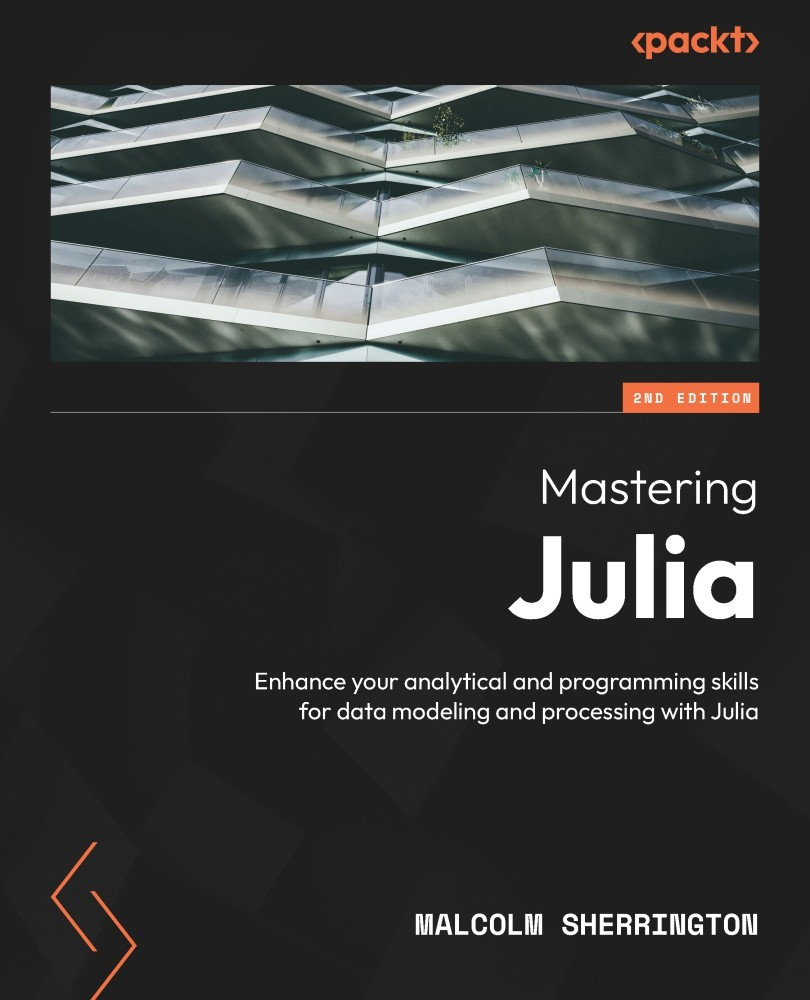

Most ebook files are in PDF format, so you can easily read them using various software such as Foxit Reader or directly on the Google Chrome browser.
Some ebook files are released by publishers in other formats such as .awz, .mobi, .epub, .fb2, etc. You may need to install specific software to read these formats on mobile/PC, such as Calibre.
Please read the tutorial at this link: https://ebookbell.com/faq
We offer FREE conversion to the popular formats you request; however, this may take some time. Therefore, right after payment, please email us, and we will try to provide the service as quickly as possible.
For some exceptional file formats or broken links (if any), please refrain from opening any disputes. Instead, email us first, and we will try to assist within a maximum of 6 hours.
EbookBell Team

4.7
66 reviewsReduced file size from 14.3 MB to to 9.2 MB by removing unused fonts. Cleaned up other minor issue book internals issues. —bookfixer
"font-weight: bold">A hands-on, code-based guide to leveraging Julia in a variety of scientific and data-driven scenarios
Julia is a well-constructed programming language which was designed for fast execution speed by using just-in-time LLVM compilation techniques, thus eliminating the classic problem of performing analysis in one language and translating it for performance in a second.
This book is a primer on Julia’s approach to a wide variety of topics such as scientific computing, statistics, machine learning, simulation, graphics, and distributed computing.
Starting off with a refresher on installing and running Julia on different platforms, you’ll quickly get to grips with the core concepts and delve into a discussion on how to use Julia with various code editors and interactive development environments (IDEs).
As you progress, you’ll see how data works through simple statistics and analytics and discover Julia's speed, its real strength, which makes it particularly useful in highly intensive computing tasks. You’ll also and observe how Julia can cooperate with external processes to enhance graphics and data visualization. Finally, you will explore metaprogramming and learn how it adds great power to the language and establish networking and distributed computing with Julia.
By the end of this book, you’ll be confident in using Julia as part of your existing skill set.
This book is not an introduction to computer programming, but a practical guide for developers who want to enhance their basic knowledge of Julia, or those wishing to augment their skill set by adding Julia to their existing roster of programming languages. Familiarity with a scripting language such as Python or R, or a compiled language such as C/C++, C# or Java, is a prerequisite.
Dr Malcolm Sherrington has been working in computing for over 35 years. He holds degrees in Mathematics, Chemistry and Engineering and has lectured at two separate universities in the UK as well as working in the Aerospace and Healthcare Industries. Currently he is running his own company working in the Finance sector, with specific interests in High Performance Computing and applications of GPUs and parallelism. Always hands-on, Malcolm started programming scientific problems in Fortran and C, progressing thorough Ada and Common Lisp and recently became involved with data processing and analytics in Perl, Python and R. Malcolm is the organizer of the London Julia User Group, as well as a co-organizer of the UK - High Performance Computing and the Financial Engineers and Quants London meetup groups.